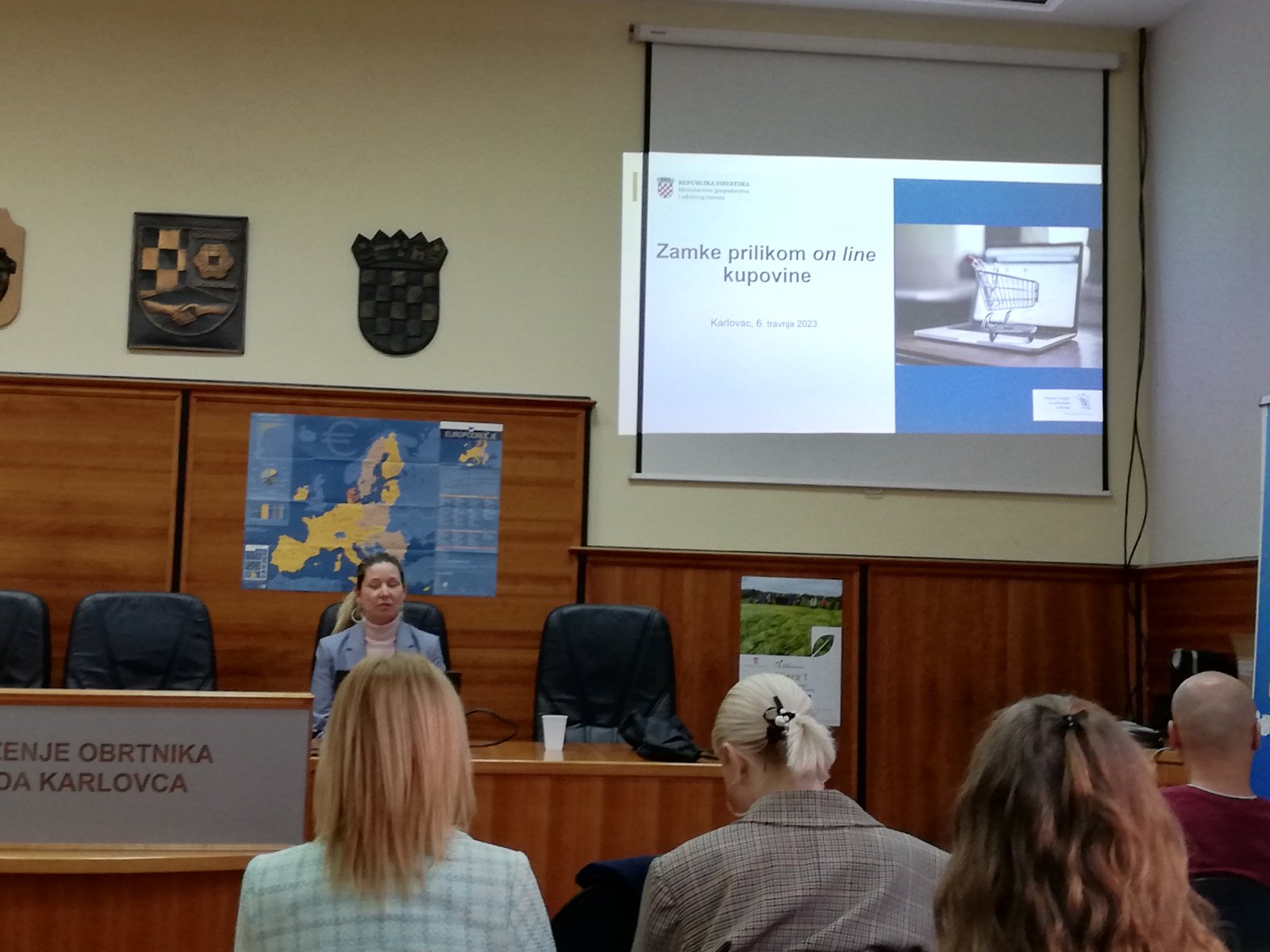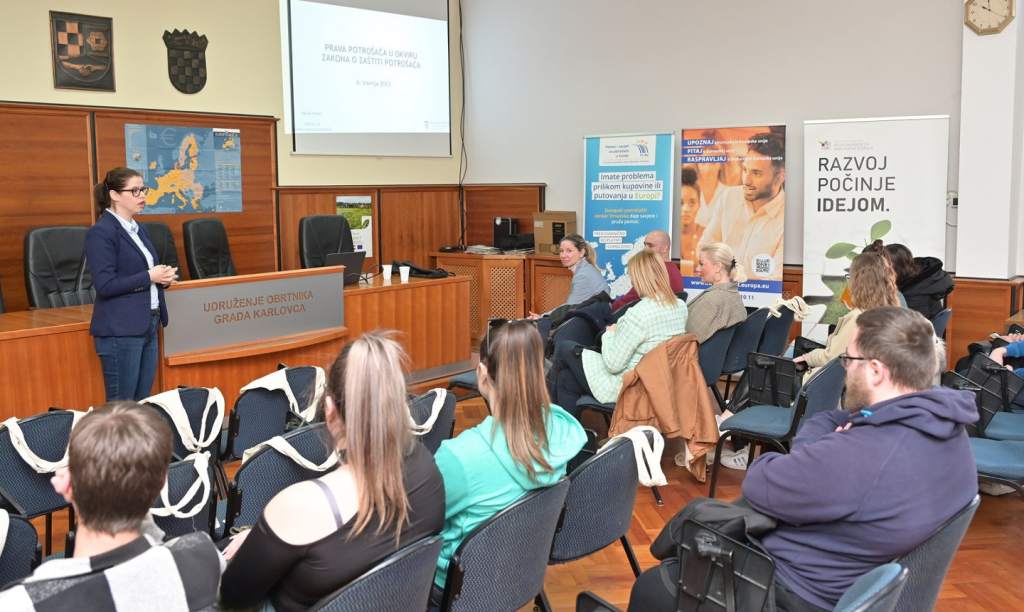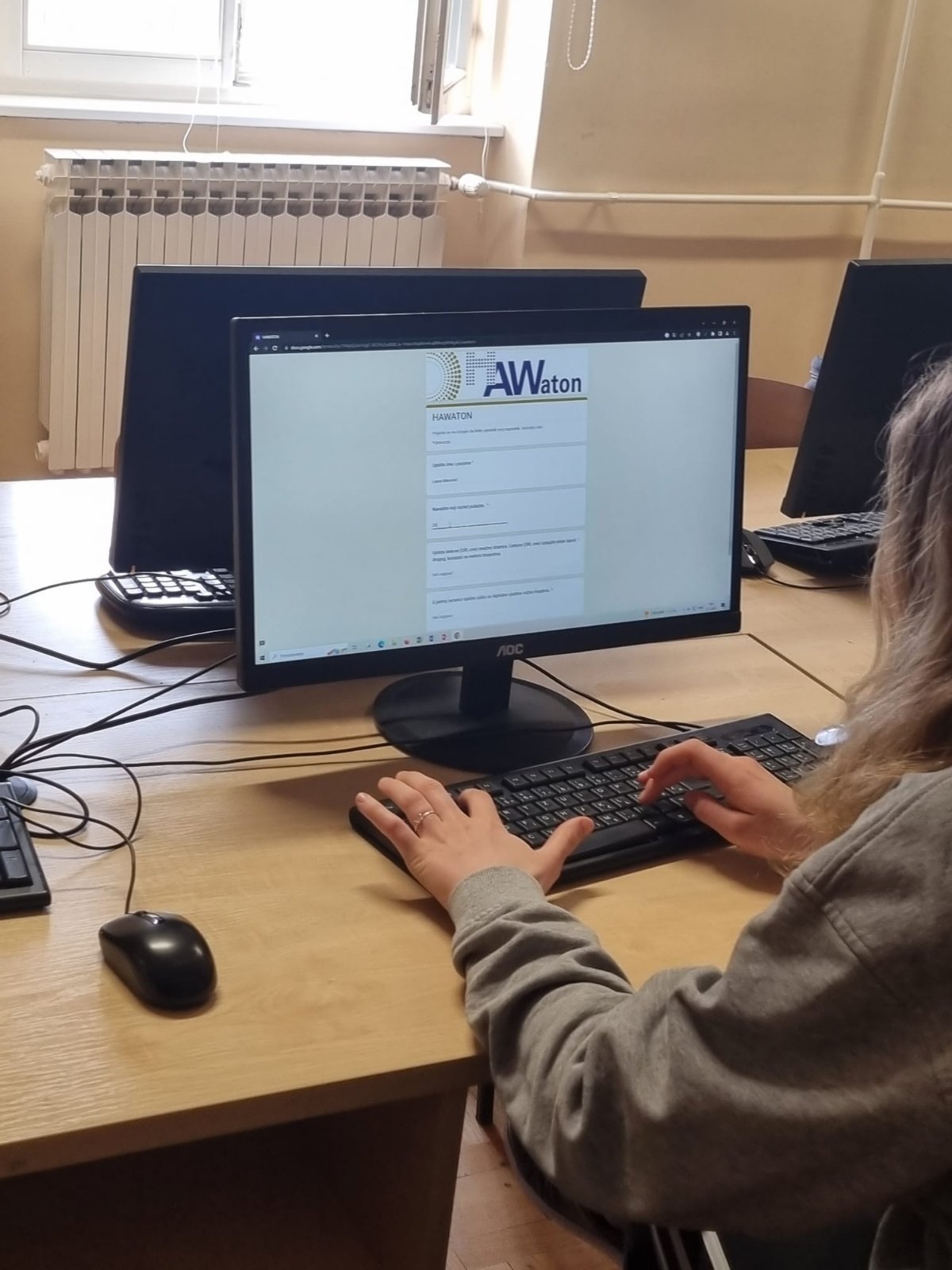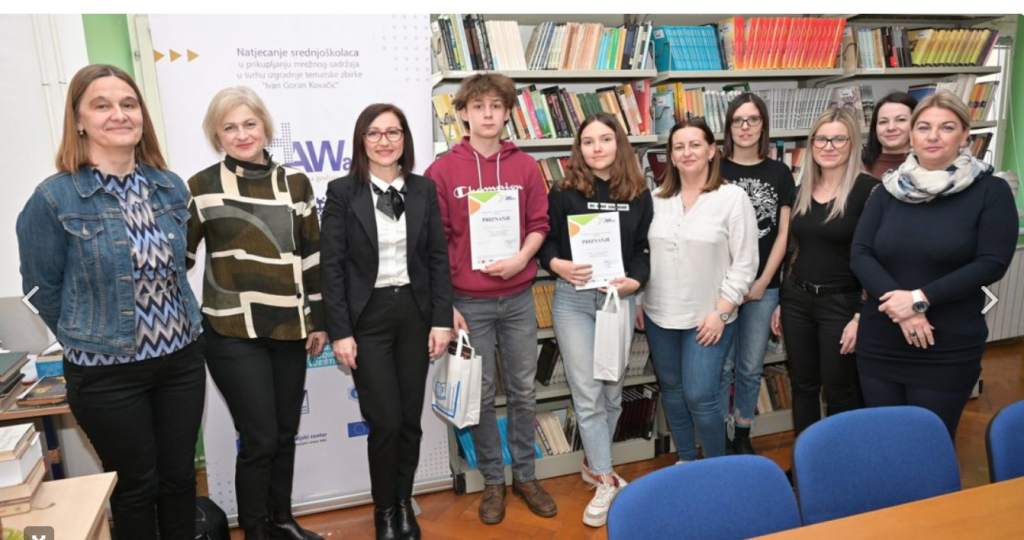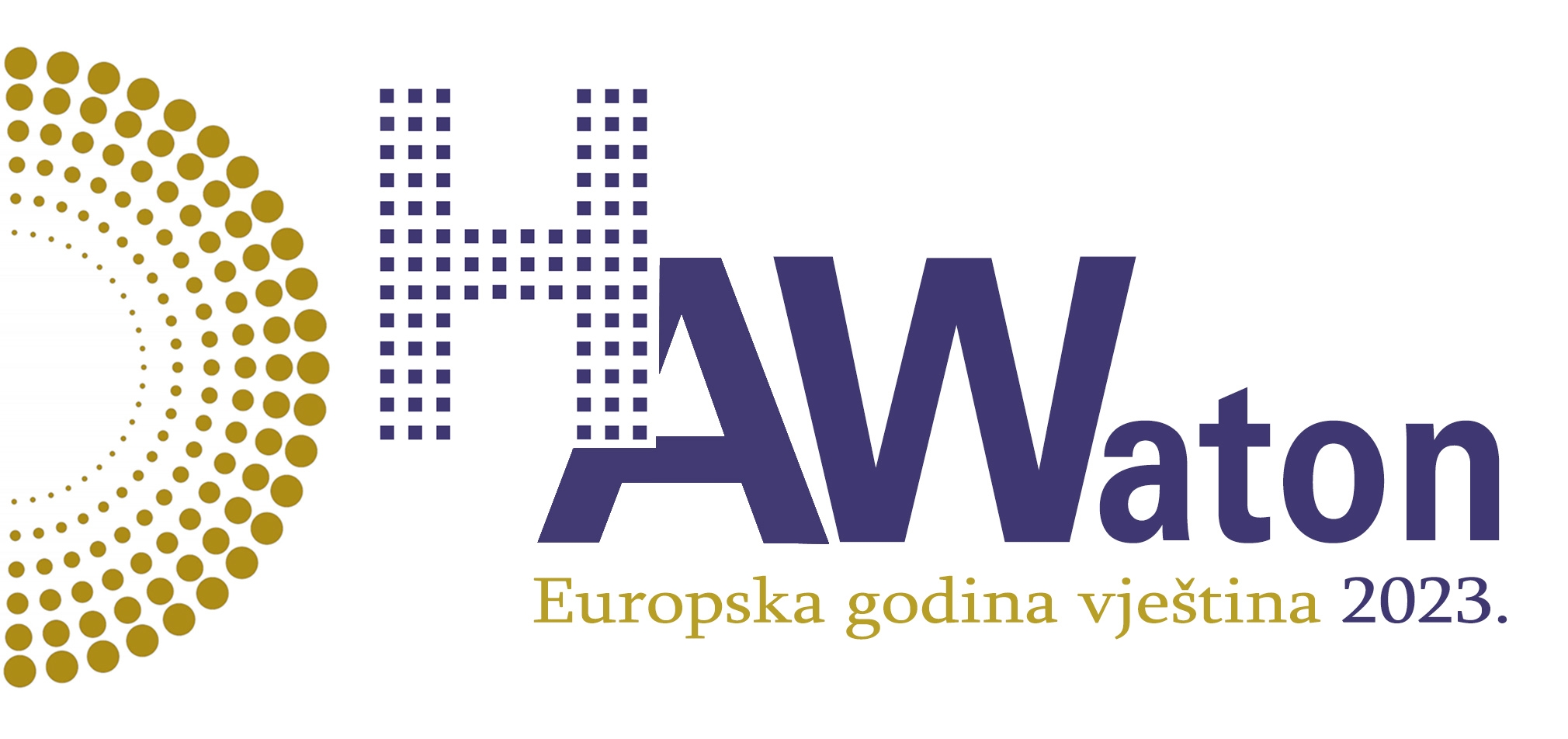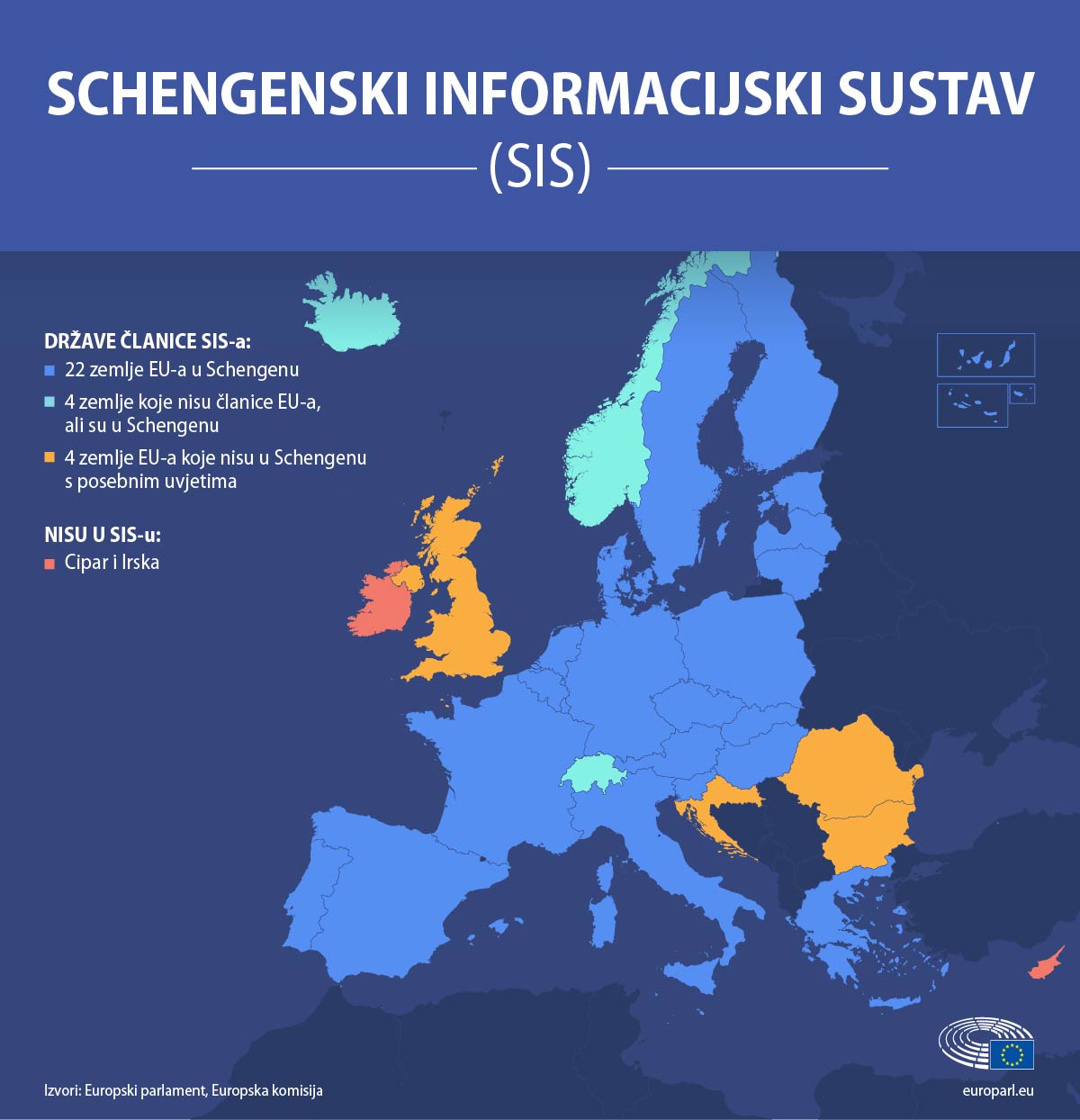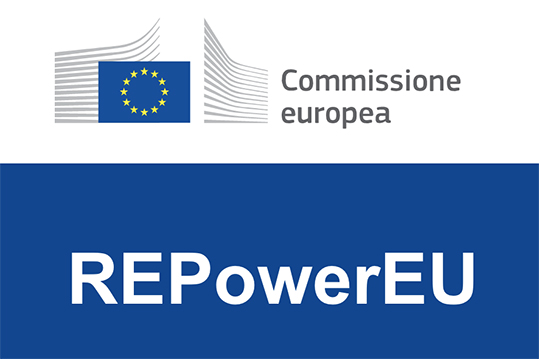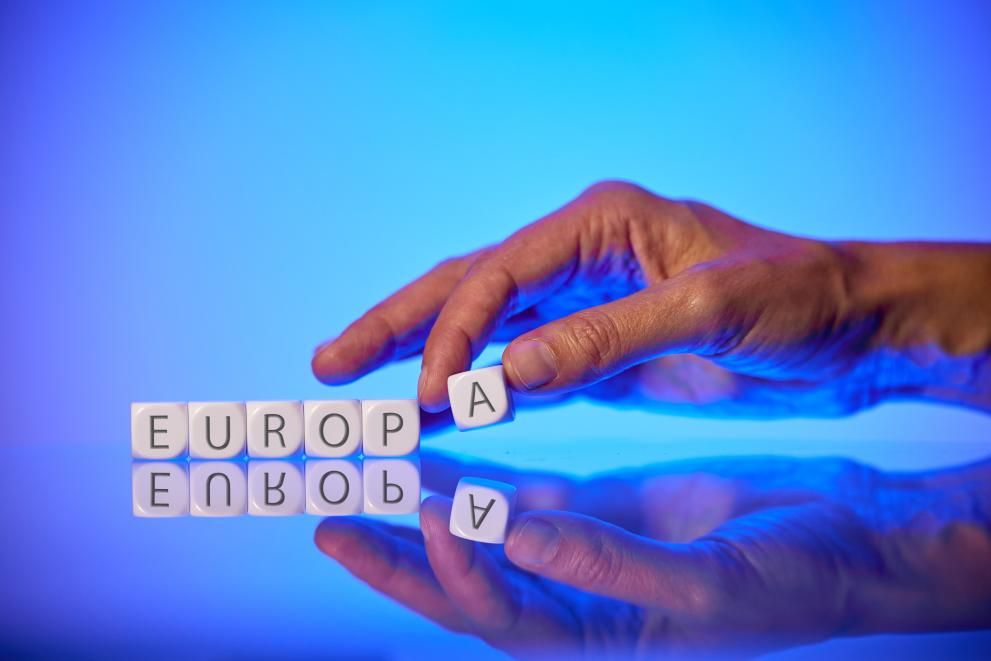Komisija predlaže reviziju zakonodavstva EU-a o lijekovima kako bi ono postalo fleksibilnije i prilagođenije potrebama građana i poduzeća u cijeloj Uniji. Riječ je o najvećoj reformi u posljednjih 20 godina i više. Revizijom će se omogućiti veća dostupnost, pristup i cjenovna pristupačnost lijekova. Podupirat će se inovacije i poticati konkurentnost i privlačnost farmaceutske industrije EU-a te pritom promicati viši okolišni standardi. Uz tu reformu Komisija predlaže Preporuku Vijeća za jačanje borbe protiv antimikrobne otpornosti.
Reformom se svladavaju bitni izazovi. Lijekovi odobreni u EU-u još uvijek ne stižu dovoljno brzo do pacijenata niti su jednako dostupni u svim državama članicama. Postoje znatni nedostaci kad je riječ o nezadovoljenim medicinskim potrebama, rijetkim bolestima i antimikrobnoj otpornosti. Visoke cijene inovativnih načina liječenja i nestašice lijekova i dalje su velik problem za pacijente i zdravstvene sustave. Osim toga, kako bi osigurao da ostane privlačno mjesto za ulaganja i svjetski predvodnik u razvoju lijekova, EU treba prilagoditi svoja pravila digitalnoj transformaciji and novim tehnologijama te smanjiti birokraciju i pojednostavniti postupke. Naposljetku, novim pravilima treba se riješiti problem utjecaja proizvodnje lijekova na okoliš u skladu s ciljevima europskog zelenog plana.
Revizija uključuje prijedloge nove direktive i nove uredbe kojima se revidira i zamjenjuje postojeće zakonodavstvo o lijekovima, uključujući zakonodavstvo o lijekovima za djecu i za rijetke bolesti. Nastoje se postići sljedeći glavni ciljevi:
· stvaranje jedinstvenog tržišta za lijekove kako bi svi pacijenti u EU-u imali pravodoban i pravedan pristup sigurnim, učinkovitim i cjenovno pristupačnim lijekovima
· osiguravanje atraktivnog okvira za istraživanja, razvoj i proizvodnju lijekova u Europi kojim se potiču inovacije
· drastično smanjenje administrativnog opterećenja ubrzavanjem postupaka kako bi se znatno smanjilo vrijeme potrebno za izdavanje odobrenja za lijekove i lijekovi bili brže dostupni pacijentima
· povećanje dostupnosti i osiguravanje da se lijekovi pacijentima mogu isporučiti u svakom trenutku, bez obzira na to gdje u EU-u žive
· borba protiv antimikrobne otpornosti i prisutnosti lijekova u okolišu, putem pristupa „jedno zdravlje”
· povećanje okolišne održivosti lijekova.
Kako bi se ti ciljevi ostvarili, reforma se odnosi na cijeli životni ciklus lijekova.

Ključni elementi prijedloga:
· Bolji pristup pacijenata i nacionalnih zdravstvenih sustava inovativnim i cjenovno pristupačnim lijekovima: Novim poticajima poduzeća će se poticati da svoje lijekove stave na raspolaganje pacijentima u svim zemljama EU-a i da razviju proizvode kojima se ispunjavaju nezadovoljene medicinske potrebe. Nadalje, omogućit će se ranija dostupnost generičkih i biosličnih lijekova te pojednostavniti postupci izdavanja odobrenja za stavljanje u promet. Uvest će se mjere za povećanje transparentnosti javnog financiranja razvoja lijekova i poticati izrada usporednih kliničkih podataka.
· Promicanje inovacija i konkurentnosti učinkovitim i pojednostavnjenim regulatornim okvirom: Reformom će se stvoriti na inovacije usmjereno regulatorno okruženje za razvoj novih lijekova i prenamjenu postojećih. Europska agencija za lijekove (EMA) pružat će bolju ranu regulatornu i znanstvenu potporu subjektima koji razvijaju obećavajuće lijekove kako bi se omogućilo brzo odobravanje i pomoglo MSP-ovima i neprofitnim subjektima koji razvijaju lijekove. Ubrzat će se znanstvena ocjena i odobravanje lijekova (npr. EMA-ini postupci odobravanja trajat će 180 dana, čime će se doprinijeti smanjenju sadašnjeg prosjeka od oko 400 dana), a regulatorno opterećenje smanjit će se pojednostavnjenjem postupaka (npr. ukidanjem zahtjeva za produljenje odobrenja za stavljanje u promet u većini slučajeva te uvođenjem jednostavnijih postupaka za generičke lijekove) i digitalizacijom (npr. elektroničko podnošenje zahtjeva i elektroničke informacije o proizvodima). Zadržat će se najviši standardi kvalitete, sigurnosti i učinkovitosti za odobravanje lijekova.
· Djelotvorni poticaji za inovacije: Regulatornom zaštitom u trajanju do najviše 12 godina za inovativne lijekove, u kombinaciji s postojećim pravima intelektualnog vlasništva, osigurat će se da Europa ostane privlačno mjesto za ulaganja i inovacije. Radi stvaranja jedinstvenog tržišta lijekova reformom će se postojeći sustav preusmjeriti s univerzalne regulatorne zaštite na djelotvorniji okvir poticaja za inovacije kojima se promiču i interesi javnog zdravlja. Kako bi se to postiglo, predlaže se minimalno razdoblje regulatorne zaštite od 8 godina koje se može produljiti u sljedećim slučajevima: ako se lijekovi stavljaju u promet u svim državama članicama, ako se njima odgovara na nezadovoljene medicinske potrebe, ako se provode usporedna klinička ispitivanja ili ako se razvije nova terapijska indikacija. Kombinacijom postojećih prava intelektualnog vlasništva i novih razdoblja regulatorne zaštite zaštitit će se i konkurentska prednost koju EU uživa zahvaljujući jednoj od najviših razina zaštite na svijetu kad je riječ o razvoju lijekova. Reformom će se poticati usmjeravanje istraživanja i razvoja na najveće potrebe pacijenata te pravodobniji i pravedniji pristup pacijenata lijekovima u cijeloj Uniji.
· Rješavanje problema nestašica lijekova i osiguravanje sigurnosti opskrbe: Reformom se uvode novi zahtjevi za praćenje nestašica lijekova koje provode nacionalna tijela i EMA te jača koordinacijska uloga EMA-e. Povećat će se obveze poduzeća, što uključuje ranije izvješćivanje o nestašicama lijekova i povlačenju lijekova s tržišta te izradu i upravljanje planovima za sprečavanje nestašice. Sastavit će se popis ključnih lijekova na razini EU-a i procjenjivati slabosti lanca opskrbe tim lijekovima te pritom dati posebne preporuke o mjerama koje poduzeća i drugi dionici u lancu opskrbe trebaju poduzeti. Komisija može donijeti i pravno obvezujuće mjere radi jačanja sigurnosti opskrbe određenim ključnim lijekovima.
· Bolja zaštita okoliša: Boljom provedbom postojećih okolišnih zahtjeva ograničit će se mogući negativni utjecaj lijekova na okoliš i javno zdravlje.
· Suzbijanje antimikrobne otpornosti: Antimikrobna otpornost smatra se jednom od tri najveće prijetnje zdravlju u Uniji. Reformom se pružaju poticaji u obliku prenosivih vaučera poduzećima koja ulažu u nove antimikrobike koji mogu liječiti otporne patogene, čime se odgovara na problem tržišnog neuspjeha. Radi očuvanja učinkovitosti antimikrobika uvest će se i mjere i ciljevi za njihovu razboritu uporabu, uključujući prilagođeno pakiranje i obvezno izdavanje na recept.
Jačanje djelovanja EU-a za borbu protiv antimikrobne otpornosti primjenom pristupa „jedno zdravlje”
Antimikrobici su lijekovi od ključne važnosti. Međutim, zbog njihove prekomjerne i pogrešne uporabe tijekom godina povećala se antimikrobna otpornost, što znači da antimikrobici gube svoju učinkovitost, zbog čega je sve teže ili nemoguće liječiti infekcije. Stoga današnji paket uključuje i Prijedlog preporuke Vijeća koji sadržava dopunske mjere za borbu protiv antimikrobne otpornosti u području zdravlja ljudi, zdravlja životinja i okoliša u okviru takozvanog pristupa „jedno zdravlje”.
Prijedlogom se podupire razborita uporaba antimikrobika, preporučuju konkretni i mjerljivi ciljevi za smanjenje njihove uporabe i promiče visoka razina sprečavanja (posebno u bolnicama) i kontrole infekcija kod ljudi. Prijedlogom se poboljšava i informiranost javnosti, obrazovanje i osposobljavanje relevantnih djelatnika te potiče suradnja među dionicima iz svih relevantnih sektora.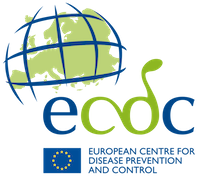
Preporučeni ciljevi osmišljeni su uz potporu Europskog centra za sprečavanje i kontrolu bolesti (ECDC) uzimajući u obzir situaciju u pojedinim zemljama (razlike u razinama potrošnje antimikrobika i raširenosti ključnih otpornih patogena u državama članicama). Njima će se omogućiti i bolje praćenje napretka u narednim godinama.
Osim toga, Prijedlogom će se ojačati nacionalni akcijski planovi protiv antimikrobne otpornosti u okviru pristupa „jedno zdravlje”, poticati istraživanja i inovacije, pojačati nadzor i praćenje antimikrobne otpornosti i potrošnje antimikrobika, ojačati globalno djelovanje, pridonijeti osmišljavanju EU-ovih višedržavnih financijskih poticaja za poboljšanje pristupa antimikrobicima i potaknuti razvoj drugih medicinskih protumjera za borbu protiv antimikrobne otpornosti, kao što su cjepiva i brza dijagnostika.
Context
Komisija je u studenome 2020. predstavila farmaceutsku strategiju za Europu, kojom se nastoji stvoriti farmaceutsko okruženje koje će biti otporno na buduće promjene i usmjereno na pacijente i u kojem industrija EU-a može inovirati, razvijati se i zadržati svoju poziciju globalnog predvodnika.
Farmaceutski ekosustav EU-a koji je otporan na krize, prilagođen današnjici i pripremljen na buduće izazove jedan je od središnjih stupova snažne europske zdravstvene unije i dopunjavat će druge važne inicijative, kao što su jačanje okvira EU-a za zdravstvenu sigurnost novim zakonodavstvom o prekograničnim prijetnjama zdravlju i većim ovlastima za zdravstvene agencije EU-a te uspostava Tijela za pripravnost i odgovor na zdravstvene krize (HERA), europskog plana za borbu protiv raka i europskog prostora za zdravstvene podatke.
Strategijom je pokrenuta ambiciozna revizija postojećeg zakonodavstva o lijekovima, što predstavlja sveobuhvatan odgovor na trenutačne izazove s kojima se suočava farmaceutski sektor Unije.
 Više informacija može se pronaći na slijedećim poveznicama:
Više informacija može se pronaći na slijedećim poveznicama:
Pitanja i odgovori o zakonodavstvu o lijekovima
Pitanja i odgovori o Preporuci o antimikrobnoj otpornosti
Informativni članak o stavljanju pacijenata u središte
Informativni članak o poticanju inovacija u farmaceutskoj industriji
Informativni članak o suzbijanju antimikrobne otpornosti
Farmaceutska strategija za Europu
Djelovanje EU-a u području antimikrobne otpornosti
Videozapis o reviziji zakonodavstva o lijekovima
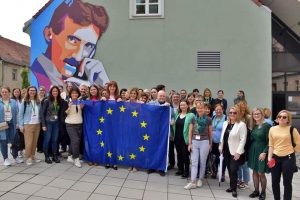 The Ministry of Regional Development and EU Funds, in cooperation with the European Commission, organised in Zagreb from 5 to 7 June 2023 a meeting of the members of the INFORM EU network led by the European Commission and comprising communicators on EU funds from all EU Member States. The visit takes place each time in another Member State and this time Croatia was elected as host country, i.e. the city of Zagreb.
The Ministry of Regional Development and EU Funds, in cooperation with the European Commission, organised in Zagreb from 5 to 7 June 2023 a meeting of the members of the INFORM EU network led by the European Commission and comprising communicators on EU funds from all EU Member States. The visit takes place each time in another Member State and this time Croatia was elected as host country, i.e. the city of Zagreb.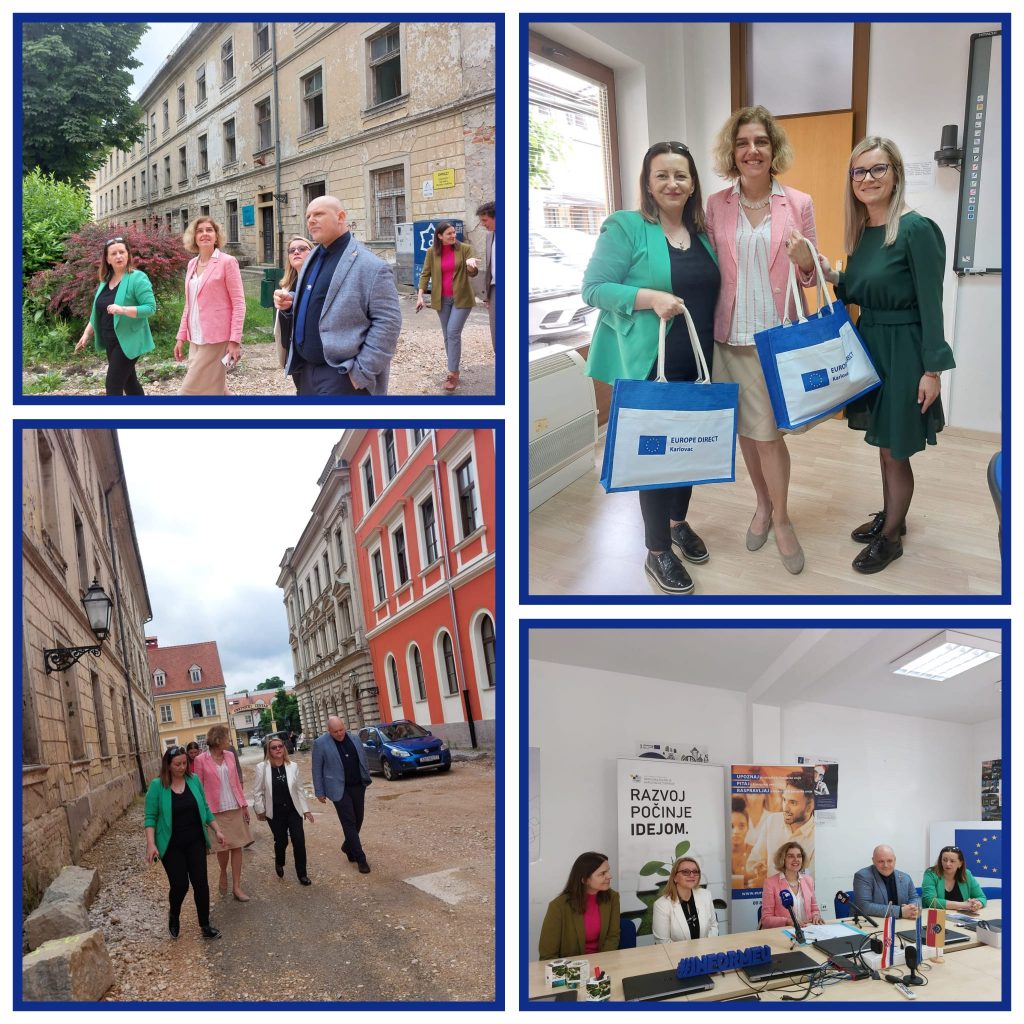
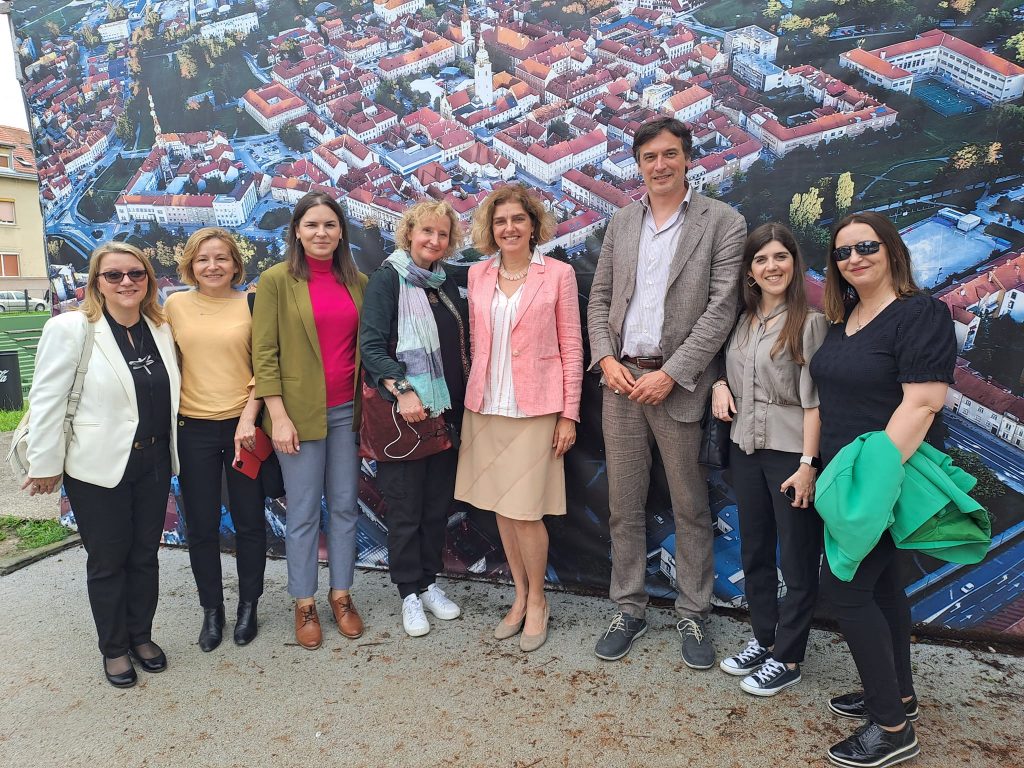
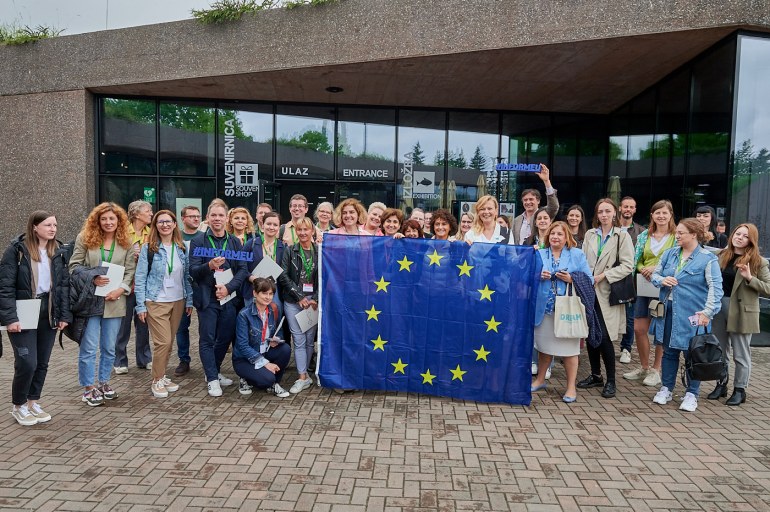
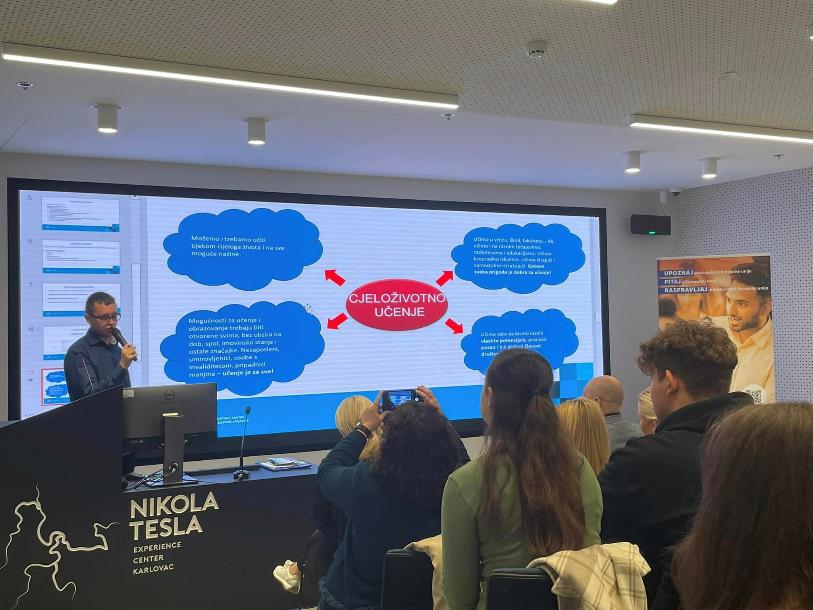
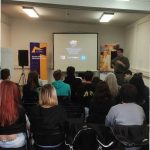

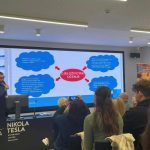
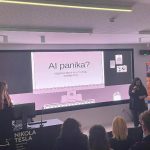
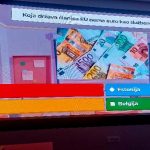




 Više informacija može se pronaći na slijedećim poveznicama:
Više informacija može se pronaći na slijedećim poveznicama: